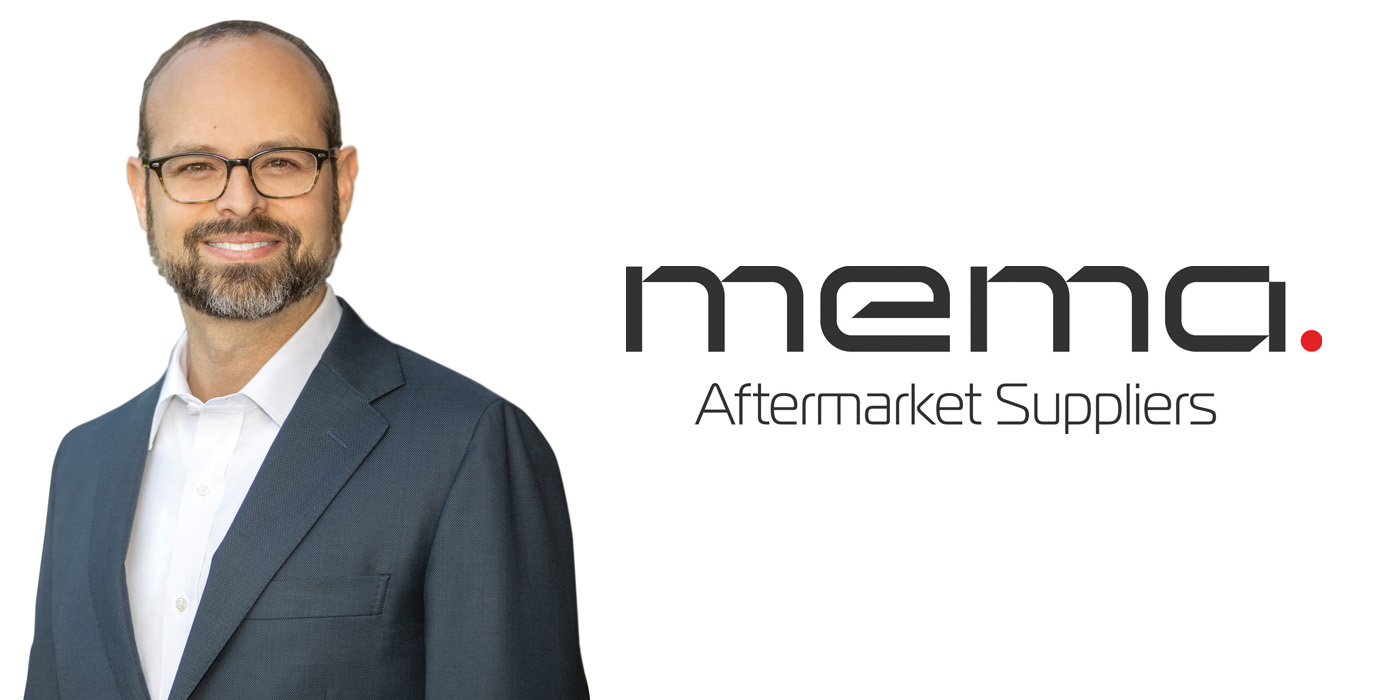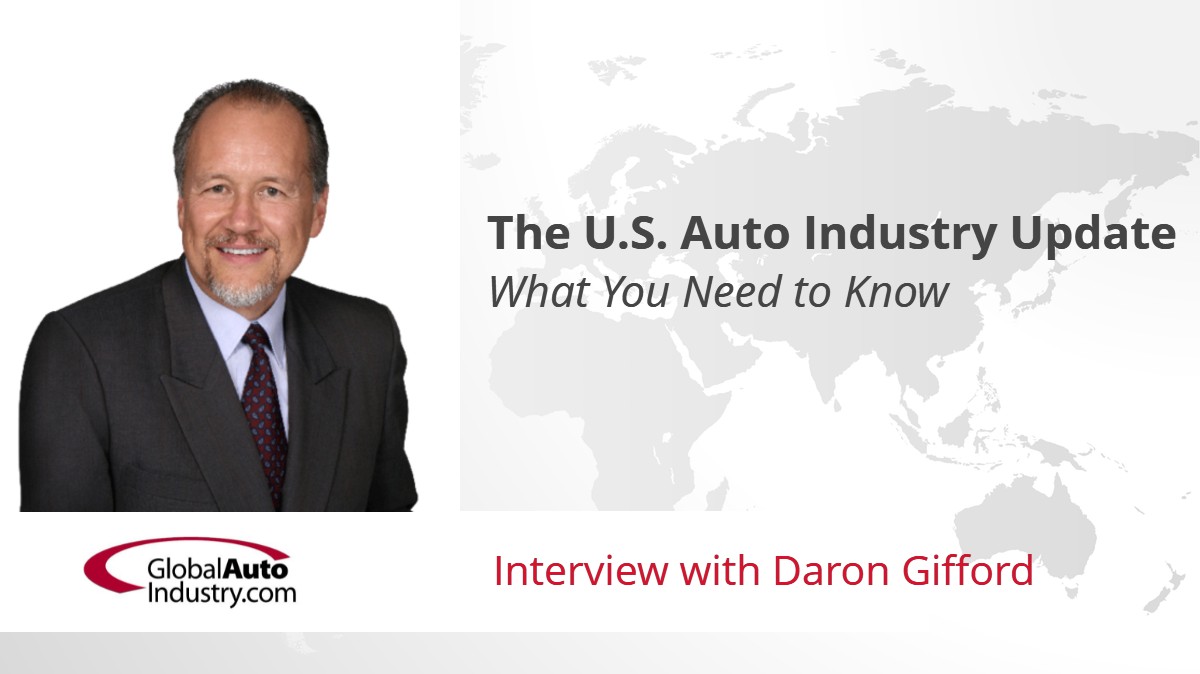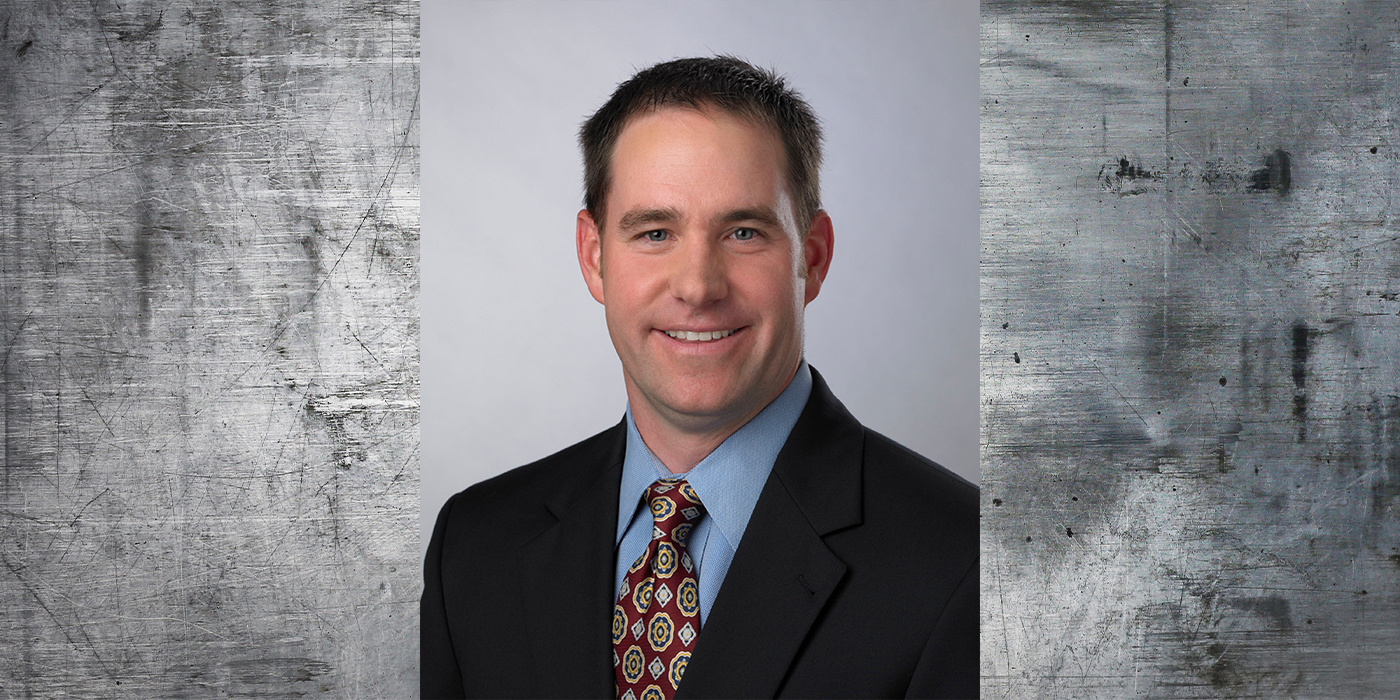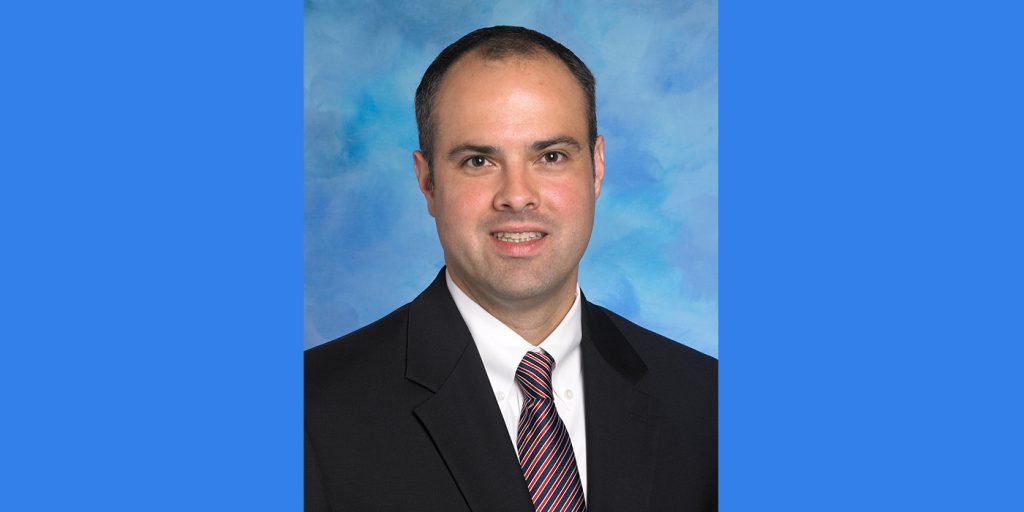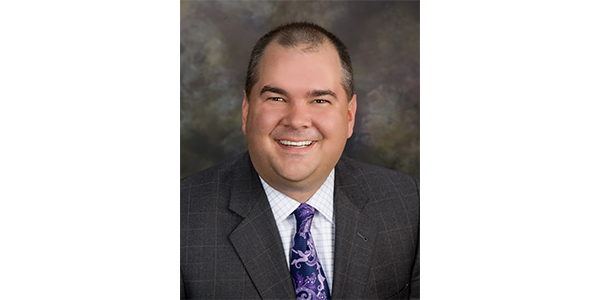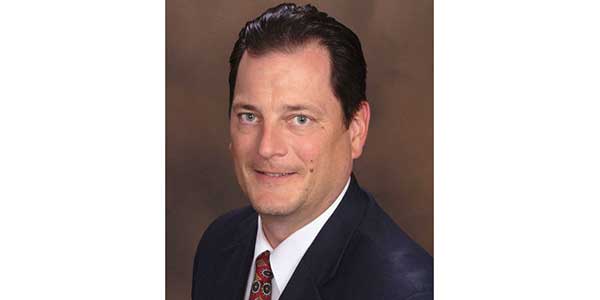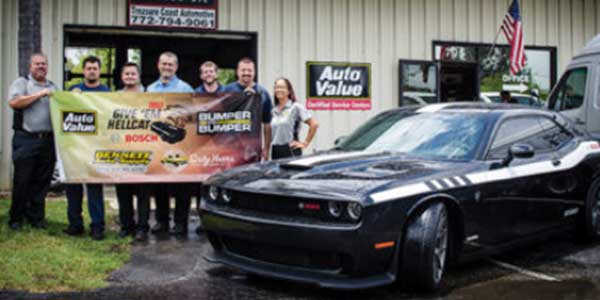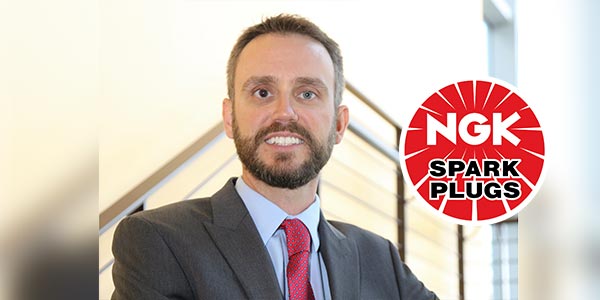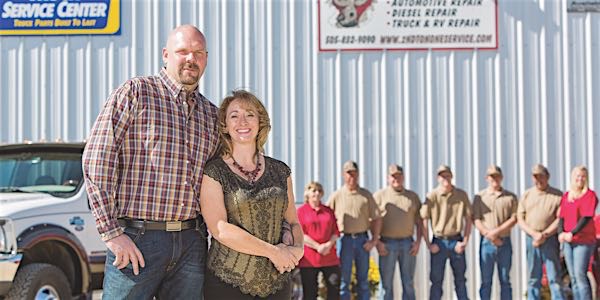Hahn Automotive Warehouse, headquartered in Rochester, NY, is celebrating its 62nd anniversary in 2020 as a key Eastern U.S. supplier of automotive aftermarket parts. With 9 full-service warehouses and 29 pick-up warehouses from the Midwest through the Northeast and down the Mid-Atlantic states. More than 90 auto parts stores provide products to professional service dealers and do-it-yourselfers in eight states, including Indiana, Maryland, New Jersey, New York, North Carolina, Ohio, Pennsylvania and Virginia.
Hahn is a multi-generational business that has now been led by executives from your generation as well as your parents’ and grandparents’. What does your generation of leadership bring to the table?
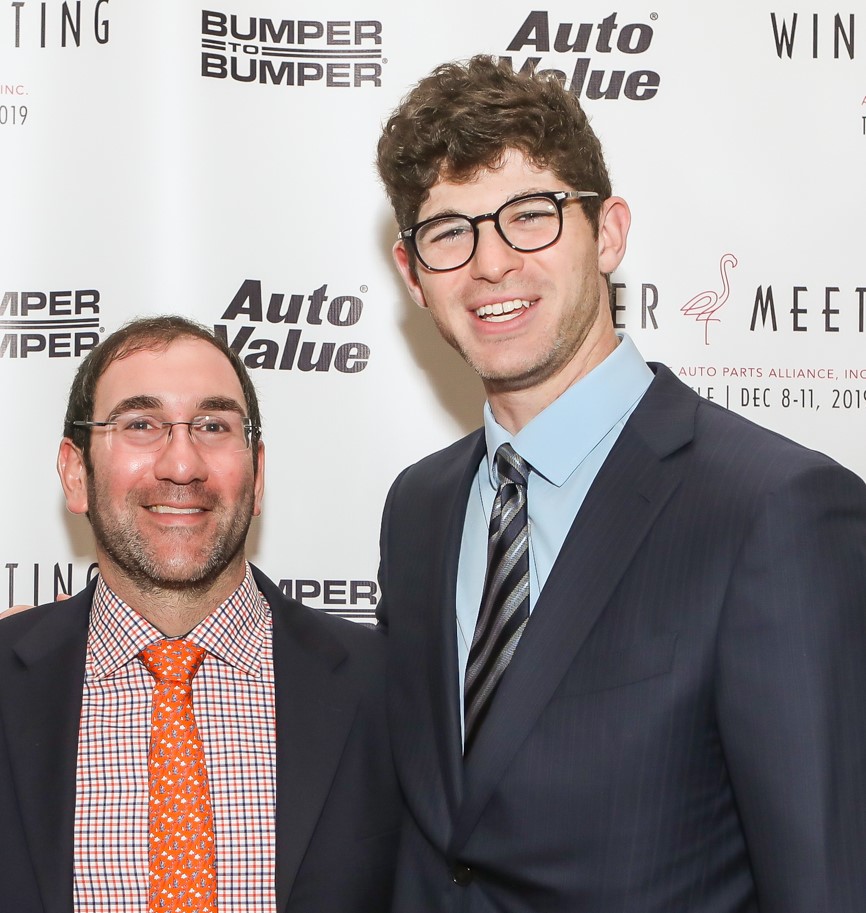
Arie Schochat – V.P Business Development: Our generation offers a new set of eyes, a fresh perspective to old situations or old problems. We’ve also taken on a sense of responsibility, because we are the next generation in line to make sure we’re sustaining for future generations to come.
Josh Futerman – V.P. Administrative Services: This question really hits home for me since my grandfather started the business back in 1958. Arie and I – as well as my father and uncle (Co-Presidents and CEOs Eli Futerman and Danny Chessin) – focus on the same core beliefs that my grandfather started the business with. Those include having strong relationships with good vendors that provide quality parts, always servicing our customers, and, most importantly, taking care of our employees. And now as millennials, we’ve tried to do our best to position the company to be around for at least another 60 years by putting a major focus on updating infrastructure technology.
It’s been a little over a year since several tornados struck Dayton, Ohio, causing quite a bit of destruction there. Could you address how those tornadoes affected your Dayton operations and have you have overcome that in the 15 months since?
JF: The day the tornados hit was probably one of the worst days in our company’s history. There’s no doubt that the devastation those tornados caused in the entire Dayton area was pretty terrible. We like to think we’d had them all as far as problems in stores caused by natural disasters – fire, floods, earthquakes – but never anything as destructive as these tornados.
AS: We have 10 stores and one warehouse in the Dayton area, but that warehouse services locations as far as Indiana, Kentucky and West Virginia. It is our largest facility, touching the most Auto Value customers.
JF: Arie and I were on the ground in Dayton almost immediately after to meet the team, evaluate the damage, and find a new location. In the weeks that followed, we never once shut down. The kudos go to the folks in Dayton, who were working just about 24/7 for the first few days after the storm. Service levels may have dropped off, but we never stopped shipping.
AS: We had generators driven down from New York. Josh and I skipped the Aftermarket Auto Parts Alliance Summer Shareholder Meeting to be in Dayton. It was really a team effort by everyone at Hahn, including our vendors.
JF: Over one-third of the warehouse was permanently destroyed. We were able to salvage a small part of the building where the roof tore off, and fortunately all of the employees were safe, but it’s been a challenge ever since.
We’re also thankful for those customers who stayed loyal, even though they might not always have experienced the same high level of service.
We purchased a new space in November and spent the next five months setting up the building and putting in some new technology to streamline efficiencies in the warehouse. We went live July 20 and while we’ve had a few hiccups, we’ve come a long way and things seem to be going quite well.
AS: In the process of growth, one usually has to overcome adversity. This was the biggest challenge Josh and I had faced, and it opened up an opportunity for us to become more efficient, to get more product in the building, to increase service levels. It pushed us out of our comfort zone, which is the only way to grow.
Earlier this year, Hahn and BBB Industries were jointly honored with the AASA’s Channel Excellence Award in recognition of innovation and collaboration. Could you elaborate on your work with BBB Industries to win this award?
JF: The AASA Channel Excellence Award, presented by Epicor, is given to two companies – a warehouse distributor and a vendor channel partner – who partner together to use technology to help improve business for customers downstream.
We work with BBB in multiple product categories, and this particular one focused on rotating electric, one of our top five categories. Every year, our top 10 inventory categories lines are reviewed by our company-owned store inventory manager. In 2019, the inventory manager combined the use of the Alliance’s Inventory Optimization Tool and Alliance Data Warehouse (an Epicor collaboration project) with BBB’s category management knowledge and some of the tools they have internally to analyze inventory that’s ether on its way up or on its way out.
We picked one group of stores to use the combined technology of Hahn and BBB, and another group of stores in which we just utilized our own technology. The stores in which we collaborated outperformed on every metric.
This year, COVID-19 threw us all a curveball. How has Hahn adapted to the constantly changing business environment it has caused?
AS: Hahn is traditionally a very nimble company, able to pivot and change at a moment’s notice. With that flexibility, we were able to adapt to what COVID threw at us. we leveraged new technology and we made a lot of really tough management decisions to ensure the survival of the company. And by doing so, we were able to get through it together.
JF: The entire country and world were so scared from the end of March into early April, and that was when the East Coast was hit hardest. It was challenging because there was so much warranted fear about this pandemic that nobody had seen coming and that anyone could asymptomatically have at any point. There’s no guidebook for how to run a business, especially during a pandemic, and even more particularly when the governor had mandated stay-home orders that discouraged people from going out and getting their cars fixed.
April will probably go down in history as our company’s most challenging month, but we made some decisions that put us in a better position, and we bounced back pretty quickly once the economy started opening up again.
Hahn holds a seat on the Alliance’s Board of Directors. What do you see as some of the key advantages for shops that partner with Auto Value and Bumper to Bumper parts suppliers?
JF: Hahn is a very proud and active member of the Aftermarket Auto Parts Alliance. One of the advantages for shops is their access to the great marketing programs and sweepstakes that the Alliance team in San Antonio put together every year. Those types of programs enhance what we can offer as a WD and keep shops engaged and interested.
Another benefit that shops might not see but certainly benefit from is the technology suite that Alliance headquarters makes available to shareholders. MyPlace4Parts, our online ordering system, is critical. There are also indirect benefits like the Inventory Optimization Tool that we rely on to update inventories, Alliance Data Warehouse, which is a big deal for running reports and helping our customers on their reports, and mobile business intelligence tools which our sales force utilizes. And those are just the highlights of how the Alliance really helps Hahn service their customers.
AS: I truly believe the Alliance is the best program group out there to belong to. It allows a sense of community and a sense of group, but it also allows individual shareholders to be autonomous in business decisions and to pursue business as they want to go to market, not as the group dictates.
Looking forward, what does Hahn have planned for the future? How are you continuing to grow Hahn business?
AS: Hahn has traditionally grown by acquisition. Over the past few months, we’ve been focusing on increasing our efficiencies, improving our relationships with current customers, and making sure we are a presence moving forward in trading areas and adapting to market changes and conditions. Part of Hahn’s corporate strategy is enabling both independent customers and company-owned stores to compete and be successful in a changing market place. We just get in front of the customer, make sure they’re happy, and don’t give them any reason to go somewhere else
JF: Our company has grown significantly in the 62 years since my grandfather founded it. A lot of that is attributed to the deals that my uncle and father made.
In my short tenure here, I’ve pushed a lot for infrastructure technology to make sure we’ll be around for the next 62 years, but we also have to have a plan for growth. I feel good about where our future is and what our opportunities are to grow. We’re always on the lookout for the right opportunity and we’re always evaluating what makes sense for our family and our company. The future is bright for Arie, me, my uncle, my father, and our entire organization.
AS: To put it in automotive terms, sometimes you need to pull the car in and prepare it for what’s next. Over the past two years, I think we’ve done a very good and aggressive job at overhauling the car. Now it’s ready to go out and make a splash.
Any final comments?
JF: We’d be remiss not to say that Arie and I don’t take for granted the position we’re in and all the hard work that has come before us. Not a day goes by that we don’t think about how my grandfather would have handled a situation or how my father and uncle handle challenges. It’s a unique situation to be in that position with all four of us leading and my father and uncle in charge. It’s a collaborative effort, and it works well for us.
AS: I echo that. This is definitely not the Arie and Josh show. There’s a family behind every decision, and the decisions have to make sense for the entire family.


